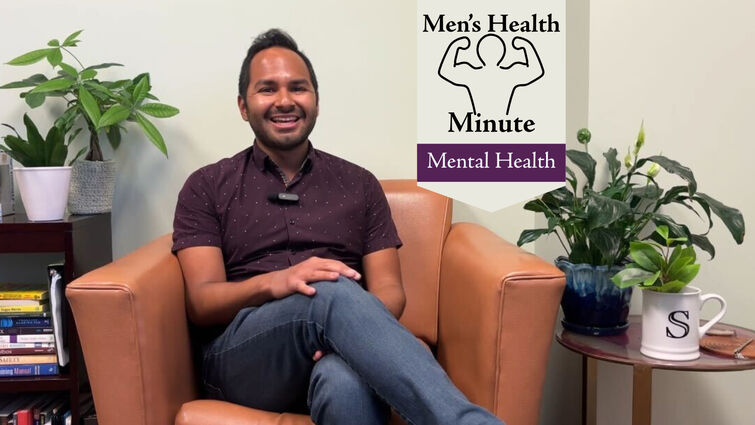

Although 1 in 5 adults experience mental health illnesses, men are less likely to seek help
At Loma Linda Behavioral Health Institute, Licensed Clinical Social Worker Sammy Martinez sees a growing number of men walking through the doors for the first time, seeking support for their mental health. Although many men arrive anxious and uncertain, they often leave their first session feeling a sense of relief, having voiced something they’d been afraid to share for far too long.
For men who are hesitant to start therapy, Martinez says seeking help often stems from cultural messages they’ve internalized over time, including phrases like:
-
It’s not manly to cry
-
Be a man and suck it up
-
Pull yourself up by the bootstraps
-
Rub some dirt in it
“There’s so much shame around asking for help,” Martinez explains. “Instead of reaching out, many men suffer in silence and turn to things like alcohol and drugs to cope.”
But the statistics are sobering. According to the National Institute of Mental Health, 1 in 5 adults in the U.S. experience mental illness each year. Among men, the consequences of untreated mental health issues can be especially severe:
-
Men die by suicide at a rate four times higher than women
-
Men are two to three times more likely to misuse drugs
These numbers point to a serious societal problem, one that is slowly starting to improve through more awareness and by teaching younger generations messages like, “It's okay not to be okay,” and “Vulnerability is a strength, not a weakness.”
Men who seek help in therapy can learn how to identify and regulate a range of emotions with learned skills, including emotional regulation, distress tolerance, and interpersonal effectiveness skills.
“I hear countless stories from patients’ loved ones talking about noticeable changes and feeling more emotionally safe and supported with and around them," Martinez says.
If you or someone you care about relates to these challenges, Martinez’s message is clear: take the risk and have the courage to seek the next steps to becoming a better you.
Support is available. To schedule an appointment, visit our website or call us at 909-558-9275.


